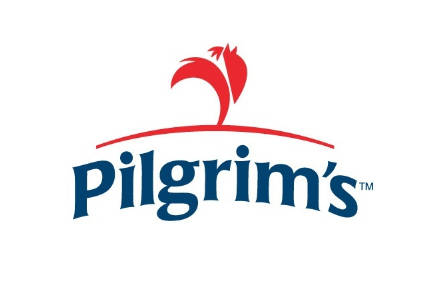
US meat heavyweight Pilgrim’s Pride has indicated that it sees acquisition activity as a way to create a more balanced portfolio.
Speaking to analysts after reporting third-quarter results on Friday (30 October), Fabio Sandri, the company’s CEO, president and acting CFO, said: “We are looking to increasing our prepared foods operations and our branded operations to create a more balanced portfolio and we are also looking for chicken assets where we can extract more value from operational efficiencies.

Discover B2B Marketing That Performs
Combine business intelligence and editorial excellence to reach engaged professionals across 36 leading media platforms.
“We are seeing targets, both in the US and outside.”
Sandri said Pilgrim’s Pride, majority-owned by Brazilian meat giant JBS, is seeking geographical diversification and to grow further in Europe, where it acquired UK-based pork products business Tulip from Danish Crown in August 2019. “We will evaluate all alternatives to our value creation standards,” Sandri said.
He added the company is seeing more targets. “Of course, the whole situation about travelling has created some challenges in terms of seeing and visiting assets but we are seeing some targets that are still very interesting to us and could create a lot of value for our shareholders,” he said.
In the three months to 27 September, Pilgrim’s Pride recorded net revenues of US$3.08bn (up from $2.78bn in the same quarter of 2019), while adjusted EBITDA was also up, from $258.3m to $305m. But operating income was down from $188.2m to $94.3m.

US Tariffs are shifting - will you react or anticipate?
Don’t let policy changes catch you off guard. Stay proactive with real-time data and expert analysis.
By GlobalDataSandri told the analysts that the company had incurred “direct Covid-19 mitigation costs” of roughly $27m for the quarter.
“The direct costs are related to the extra cleaning of our production and common areas, the extra PPE including masks and safe shoes that we are providing to all of our team members and the installation of physical barriers in our production areas,” he said.
“We also installed dual technology UV and bipolar ionisation in every plant to filter the air and neutralise potential viruses.”
Sandri said there are also “a lot” of indirect costs. “They are more difficult to precisely quantify, such as overall disruptions to our operations, less optimal mix and production inefficiencies that are not included in these numbers,” he said.





